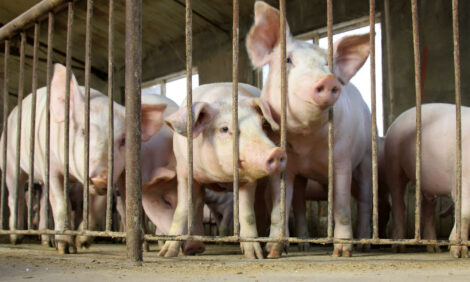



Treating wastewater: Microbial Fuel Cells
‘One of the greatest threats to the environment today is wastewater left over from production activities’: One university in Okinawa, Japan, is exploring the use of microbial fuel cells in helping to reduce the wastewater burdens produced by pig farms, particularly in areas where there are limited land resources for treatment and recycling.Agricultural practices, such as pig farming, produce a large amount of wastewater containing organic contaminants, malodorous gases, and other substances that are damaging to the water supply. The Biological Systems Unit at the Okinawa Institute of Science and Technology Graduate University (OIST), is testing the efficiency of microbial fuel cells (MFCs) on removing biodegradable material and bacteria from pig-farm wastewater, so that it may be reused for other purposes.
MFCs operate via bio-electrochemistry - the energy used to run the cell is derived from electron transfer from the bacteria to the electrodes within the device - no outside energy source is needed. The metabolic energy produced from the bacteria also produces reusable electrical energy that, once it reaches desired levels, can be used for other purposes.
To read the full article and to find out more about the use of MFCs in Okinawa, click here








